Labour unveils 'Freedom to Buy' pledge to get young people on housing ladder
Freedom to Buy will get 80,000 young people onto the housing ladder by the next general election, Keir Starmer's party has claimed

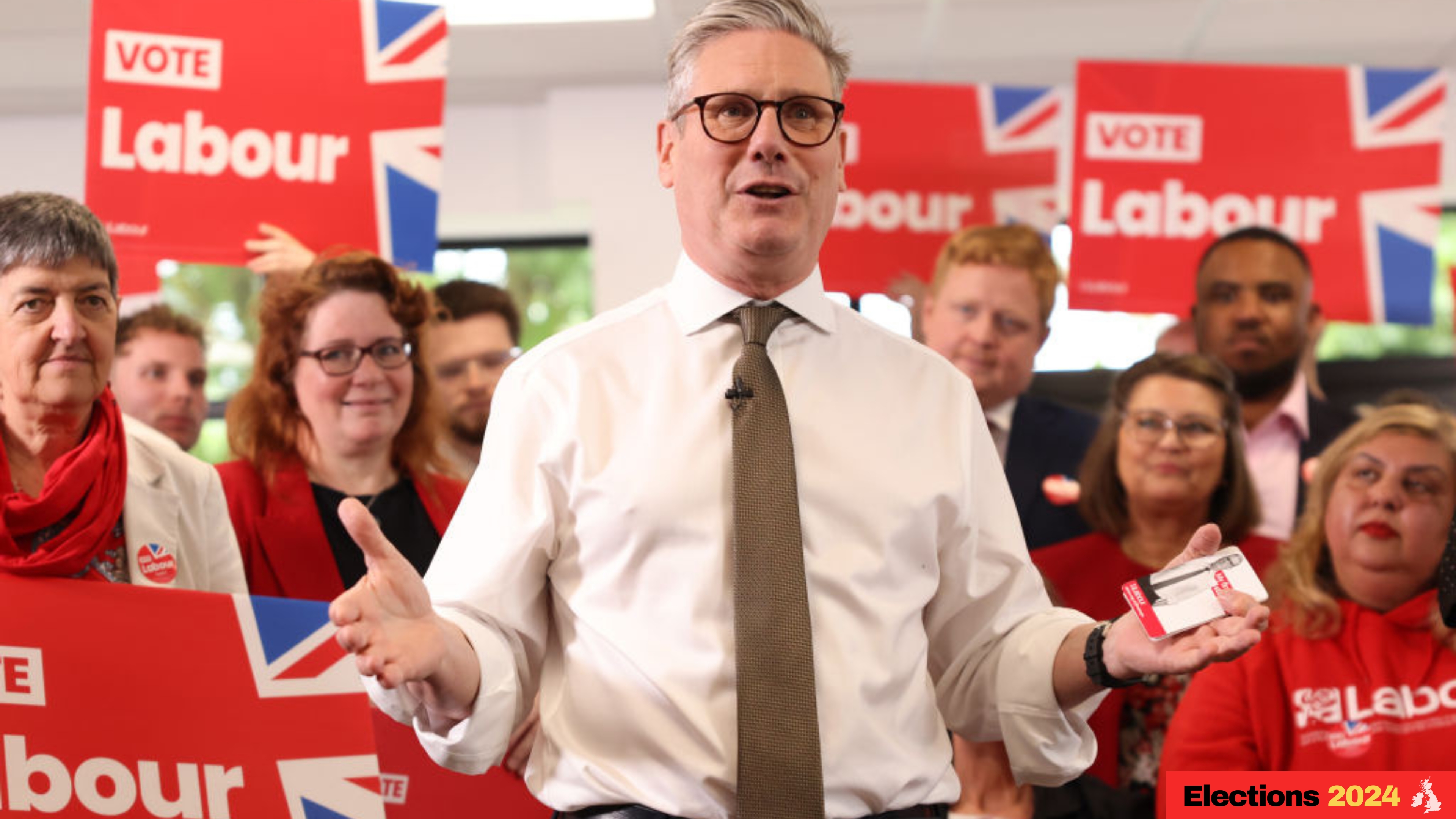
Get the latest financial news, insights and expert analysis from our award-winning MoneyWeek team, to help you understand what really matters when it comes to your finances.
You are now subscribed
Your newsletter sign-up was successful
Want to add more newsletters?

Twice daily
MoneyWeek
Get the latest financial news, insights and expert analysis from our award-winning MoneyWeek team, to help you understand what really matters when it comes to your finances.

Four times a week
Look After My Bills
Sign up to our free money-saving newsletter, filled with the latest news and expert advice to help you find the best tips and deals for managing your bills. Start saving today!
Labour has pledged to get 80,000 young people onto the housing ladder over the next five years through a ‘Freedom to Buy’ scheme, if it wins the general election.
The policy would be an extended, permanent version of the Conservatives’ mortgage guarantee scheme, which is currently due to expire in June 2025. Keir Starmer said his plan would “clear the way for the opportunity to own a home”.
Alongside the first-time buyer scheme, Labour said it would reintroduce housing targets and reform the planning system to increase the availability of homes. Other policies it has announced so far on the election campaign trail include plans to create a state-owned clean energy company, maintain the triple lock, and add VAT to private school fees.
MoneyWeek
Subscribe to MoneyWeek today and get your first six magazine issues absolutely FREE

Sign up to Money Morning
Don't miss the latest investment and personal finances news, market analysis, plus money-saving tips with our free twice-daily newsletter
Don't miss the latest investment and personal finances news, market analysis, plus money-saving tips with our free twice-daily newsletter
This week, the party has become embroiled in a bitter tax row with the Conservative Party. Both parties have committed to not increase income tax, National Insurance and VAT in the next Parliament.
Starmer: Freedom to Buy will ‘turn home ownership dreams into reality’
Labour claimed Freedom to Buy will be a more comprehensive version of the mortgage guarantee scheme. It would incentivise lenders to offer high loan-to-value (LTV) mortgages by acting as a guarantor for prospective first-time buyers who cannot afford a big deposit.
The current iteration of the scheme, which applies to homes worth up to a value of £600,000, was initially announced by Rishi Sunak in the 2021 Spring Budget. The then-Chancellor used it as part of a bid to resurrect the housing market after the Covid-19 pandemic.
Starmer’s party claimed that because it was labelled as a temporary measure from the outset, high LTV mortgages have only been a peripheral part of the market. Figures from Zoopla showed that less than 1% of mortgage lending to first-time buyers has been over 95% LTV over the past five years. LTVs of 90% to 95% account for 20% of the new loans issued over this period.
By making the scheme permanent and giving lenders certainty, Labour said it would increase the availability and lower the cost of mortgages for low-deposit buyers - something similar schemes in Australia and Canada had achieved.
Starmer said: “After 14 years of Conservative government, the dream of home ownership is out of reach for too many hard working people. Despite doing everything right, they can’t move on and up. A generation face [sic] becoming renters for life.
“My parents’ home gave them security and was a foundation for our family. As prime minister, I will turn the dream of owning a home into a reality.”
Non-partisan think tank the Institute for Fiscal Studies (IFS) said the scheme had the "potential" to help first-time buyers. But it suggested it would not go far enough to solve the lack of home ownership among younger people.
Its senior research economist, David Sturrock, said: "The need to save up for a deposit is only one hurdle: prospective buyers also need to have a sufficiently high income to take out a (bigger) mortgage and afford the repayments.
"As a result, potential buyers who are in their 30s and from better-off backgrounds, and who are looking to buy outside of London and the south east, are more likely to be able to take advantage of this scheme.”
Labour to bring back new home targets
Starmer also said a Labour government would “get Britain building again” by bringing back house building targets. His party has pledged to build 1.5 million homes over the next Parliament, marking the return of the 300,000 new homes a year target successive Conservative governments have promised but failed to meet.
The Conservative 2019 general election manifesto pledged to build a million homes by the next general election - i.e. now. While the Conservatives have claimed they have met the overall target, we will not get official figures until later this year. What we do know is that the party is unlikely to achieve the 300,000 target as the construction of new homes ground to a halt in the second-half of 2023.
To hit the 1.5 million target, Labour said it would build on disused ‘grey belt’ land, fast track brownfield planning applications and unveil more new towns. The party added that it would reform compulsory purchase laws in a bid to "stop speculators frustrating housebuilding and squeezing value from infrastructure and affordable housing”.
Starmer also revealed that Labour would give “first dibs” on new developments to local people in a bid to stop international investors from snapping up new housing estates. He added that his party would "tax foreign buyers" who price young people out of the housing market, using the proceeds to "fund new planning officers" to approve homes next generation needs.
How has the property industry reacted to Freedom to Buy?
Labour’s plans have been met positively by several key players in the property market, including builders.
Richard Donnell, executive director at Zoopla, said: "Policies to support people to buy their first home are always welcome. One of the greatest challenges facing first-time buyers is the deposit needed to fund a purchase.”
However, Donnell echoed the IFS by warning that borrowers benefitting from the scheme “will still need to prove they can pay a stressed mortgage rate at a higher level than the actual rate they will pay”, meaning they may need to have high income. He added that the plans may only work in “lower-value housing markets” and could be “much harder to make work in southern England” where repayments could still be unaffordable for less-well-off buyers.
Barratt Developments, one of the biggest house builders in the UK, greeted the announcement positively. Its chief executive, David Thomas, said: “We welcome proposals that could help more people buy their first home in a challenging market.
“In order to support more people to buy their first home, it is also important that we improve the current planning system, which includes setting housing targets in local plans and recruiting more skilled planners, so local authorities and housebuilders can build the much-needed, high-quality and energy-efficient homes the country needs.”
Meanwhile, fellow house builder Vistry Group also backed the plans. Stephen Teagle, its CEO of partnerships and regeneration, said: “Vistry supports Labour's plans to increase the supply of much needed homes, including affordable housing and homes to buy, alongside their proposed Freedom to Buy offer.
“Access to affordable housing within thriving communities is essential for so many families currently denied choice. We are confident that the planning reforms set out by Labour will dismantle some of the current barriers to building more homes, enabling Vistry as one of the country's largest house builders to build more homes of all tenures over the coming years.”
Conservatives pledge to not increase stamp duty
On Thursday, the Conservative Party also made its first housing pledge of the general election campaign. In an article for the Daily Telegraph, which doubled down on Rishi Sunak’s £2,000 Labour tax attack, Chancellor Jeremy Hunt promised that a Tory government would not hike stamp duty.
Announcing a ‘Family Home Tax Guarantee’, Hunt committed “not to increase the rate or level of stamp duty”. He said he was “throwing down the gauntlet” to Labour to match the new pledge. Sir Keir Starmer’s party has said it wants to “reduce taxes on working people”.
His predecessor as Chancellor, Kwasi Kwarteng, introduced a permanent cut to stamp duty in the 2022 mini-Budget. Hunt made this policy temporary when he gave his follow-up Autumn Statement, with the current thresholds set to expire in spring 2025. He suggested at the time that he would create a different property tax system, although it seems this aspiration will not be a priority for a potential future Conservative government.
Get the latest financial news, insights and expert analysis from our award-winning MoneyWeek team, to help you understand what really matters when it comes to your finances.
-
 Can mining stocks deliver golden gains?
Can mining stocks deliver golden gains?With gold and silver prices having outperformed the stock markets last year, mining stocks can be an effective, if volatile, means of gaining exposure
-
 8 ways the ‘sandwich generation’ can protect wealth
8 ways the ‘sandwich generation’ can protect wealthPeople squeezed between caring for ageing parents and adult children or younger grandchildren – known as the ‘sandwich generation’ – are at risk of neglecting their own financial planning. Here’s how to protect yourself and your loved ones’ wealth.
-
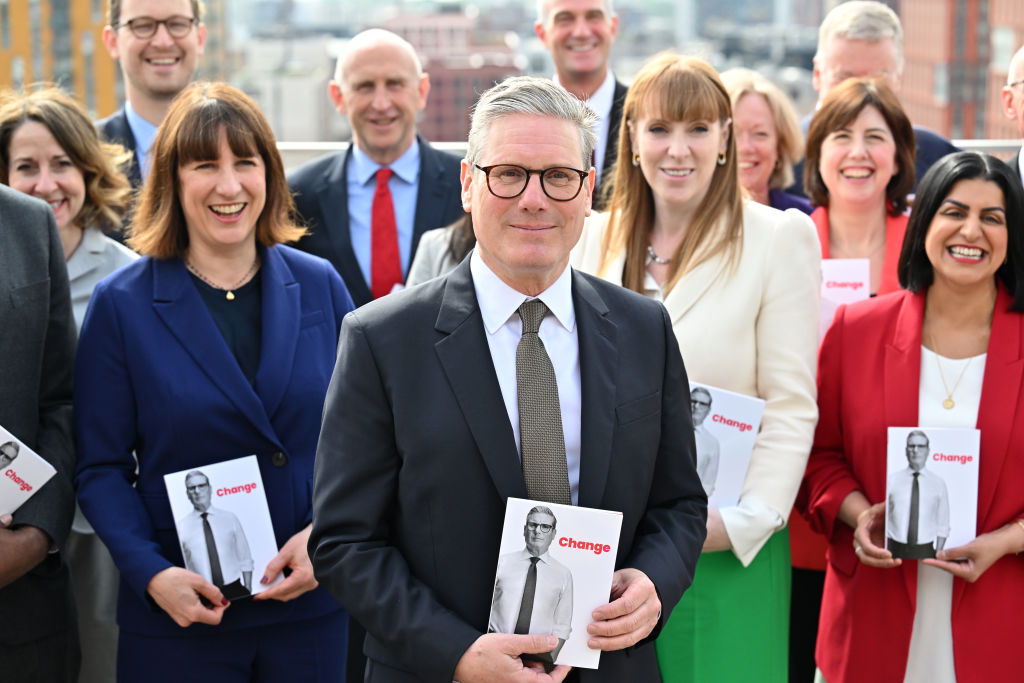 General election 2024: who’s in the Labour cabinet?
General election 2024: who’s in the Labour cabinet?A new Labour cabinet has been appointed by Keir Starmer after his party won the general election. Here’s the latest on who’s in it
-
 What does the Labour election win mean for your money? Key manifesto points after landslide
What does the Labour election win mean for your money? Key manifesto points after landslideNews The Labour election win was not as large as some polls had predicted. But the new government’s majority will mean it can enact significant changes.
-
 What would a Labour supermajority mean for capital markets?
What would a Labour supermajority mean for capital markets?The Conservative Party has warned that a Labour supermajority would be bad for democracy. But what impact could a big win for Keir Starmer have on the markets?
-
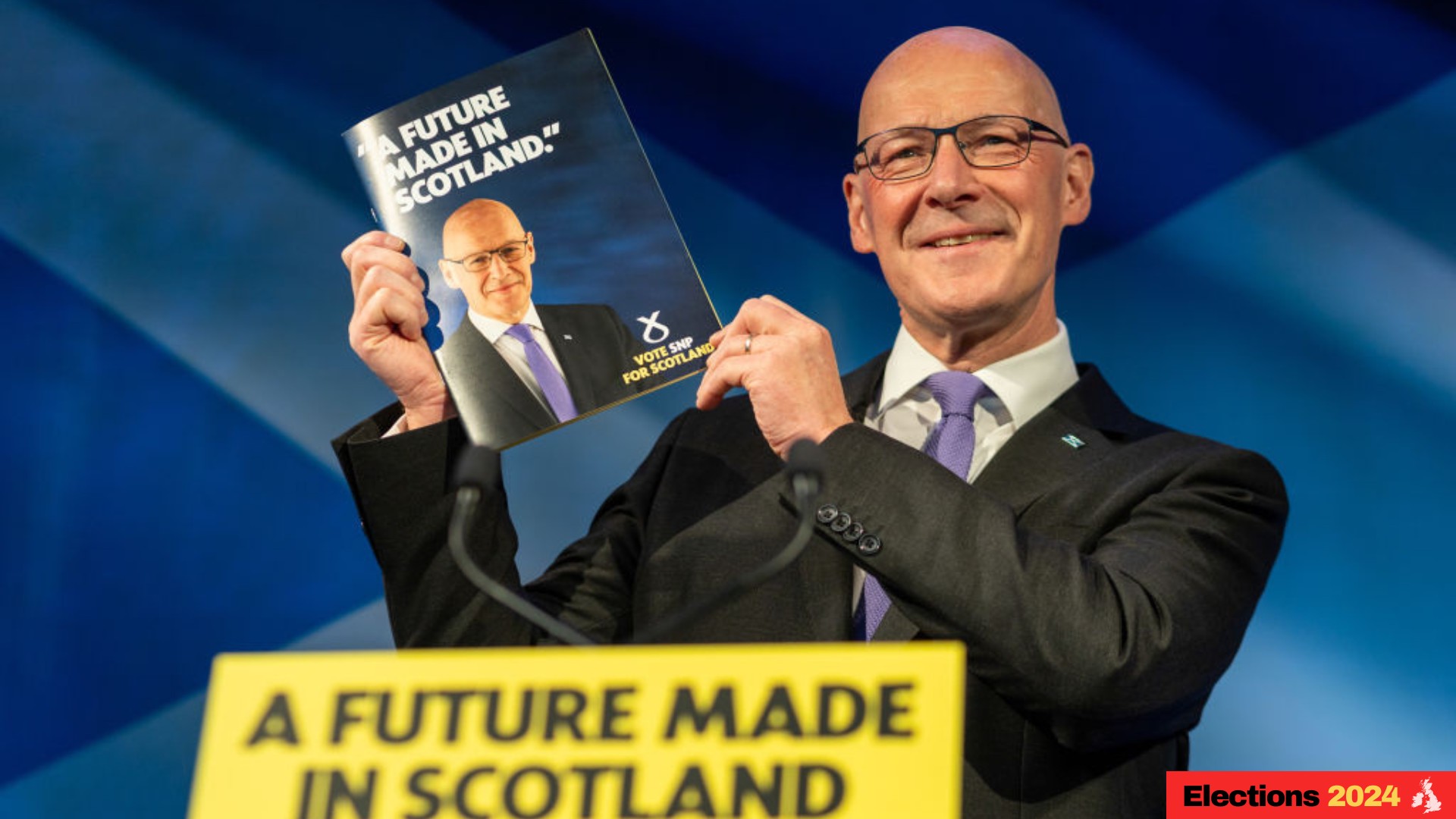 SNP manifesto 2024: what money policies did John Swinney announce?
SNP manifesto 2024: what money policies did John Swinney announce?The SNP manifesto has been launched in Scotland, and makes several key commitments, including a pledge to end austerity and a commitment to rejoin the EU.
-
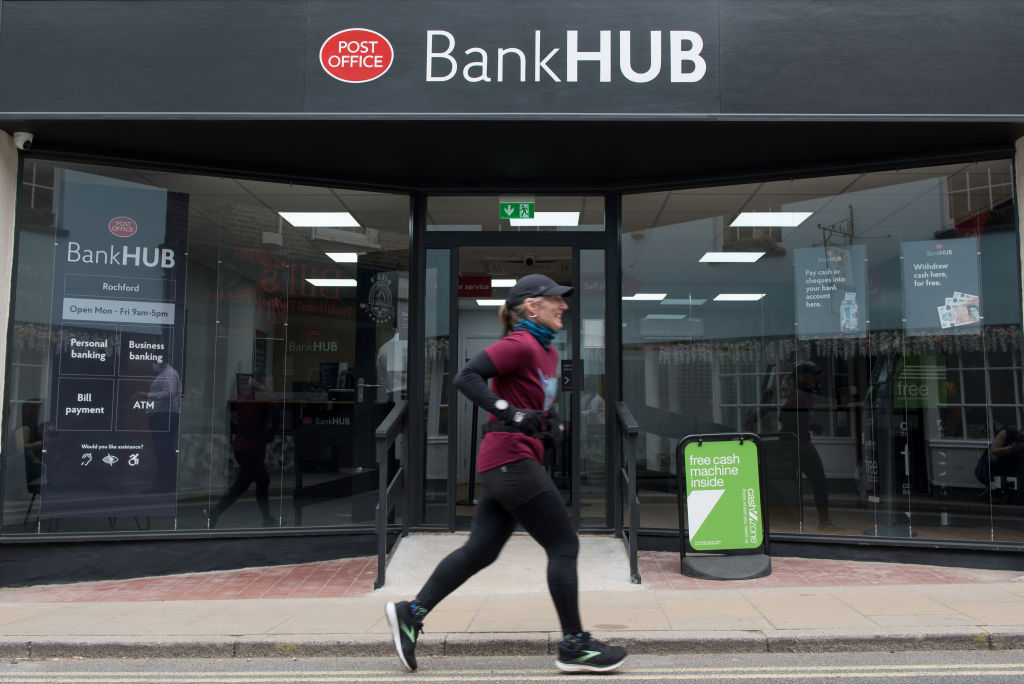 Labour pledges to open 'at least' 350 banking hubs over next Parliament
Labour pledges to open 'at least' 350 banking hubs over next ParliamentNews The Labour Party claims it will ‘bring banking back to the high street’ if it forms the next government after the 2024 general election.
-
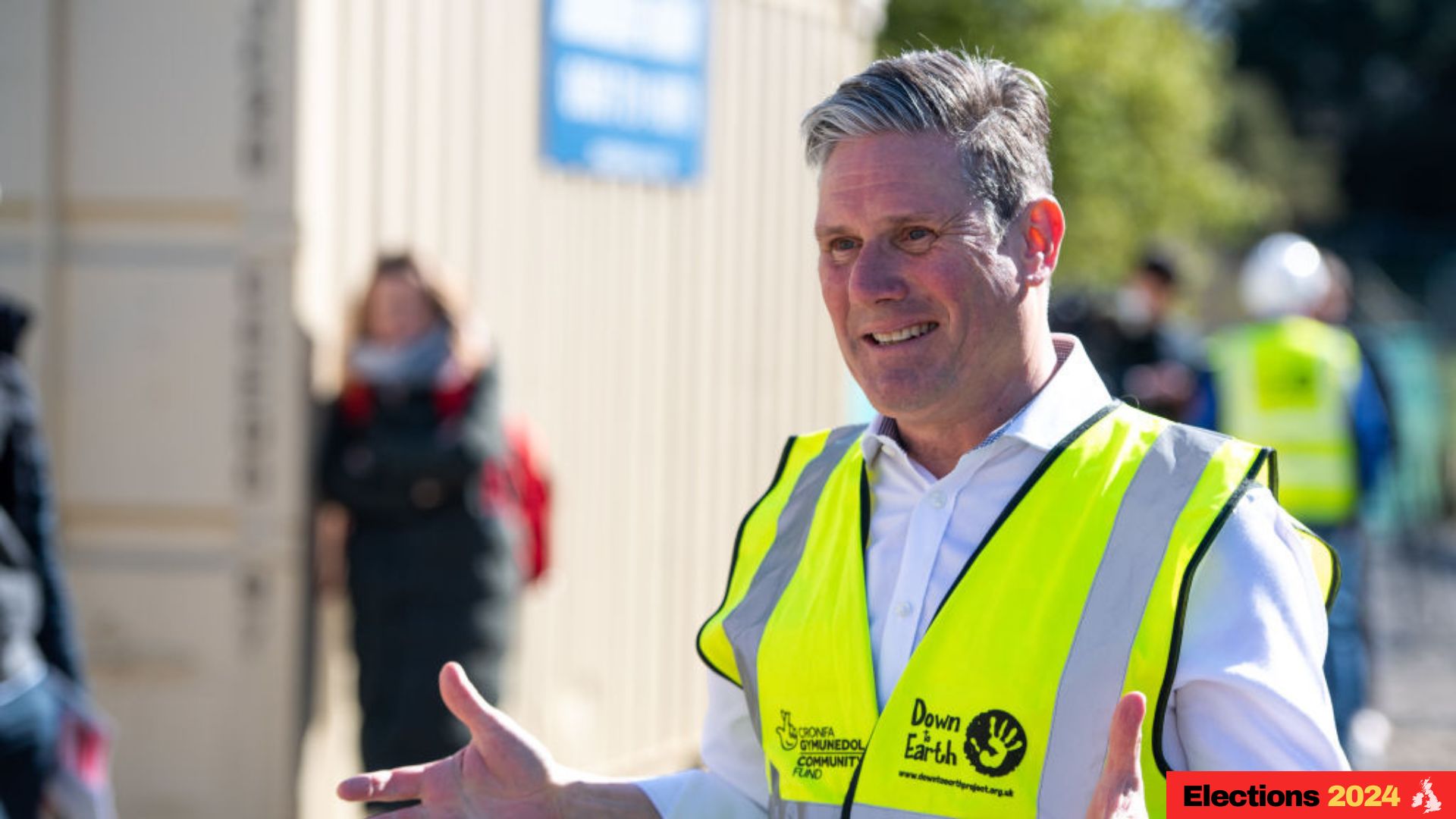 What does the Labour manifesto say about property? Key 2024 general election pledges
What does the Labour manifesto say about property? Key 2024 general election pledgesNews The Labour manifesto has made several promises around rental reforms, the leasehold system and housing market support. Here’s what a Keir Starmer government means for property.
-
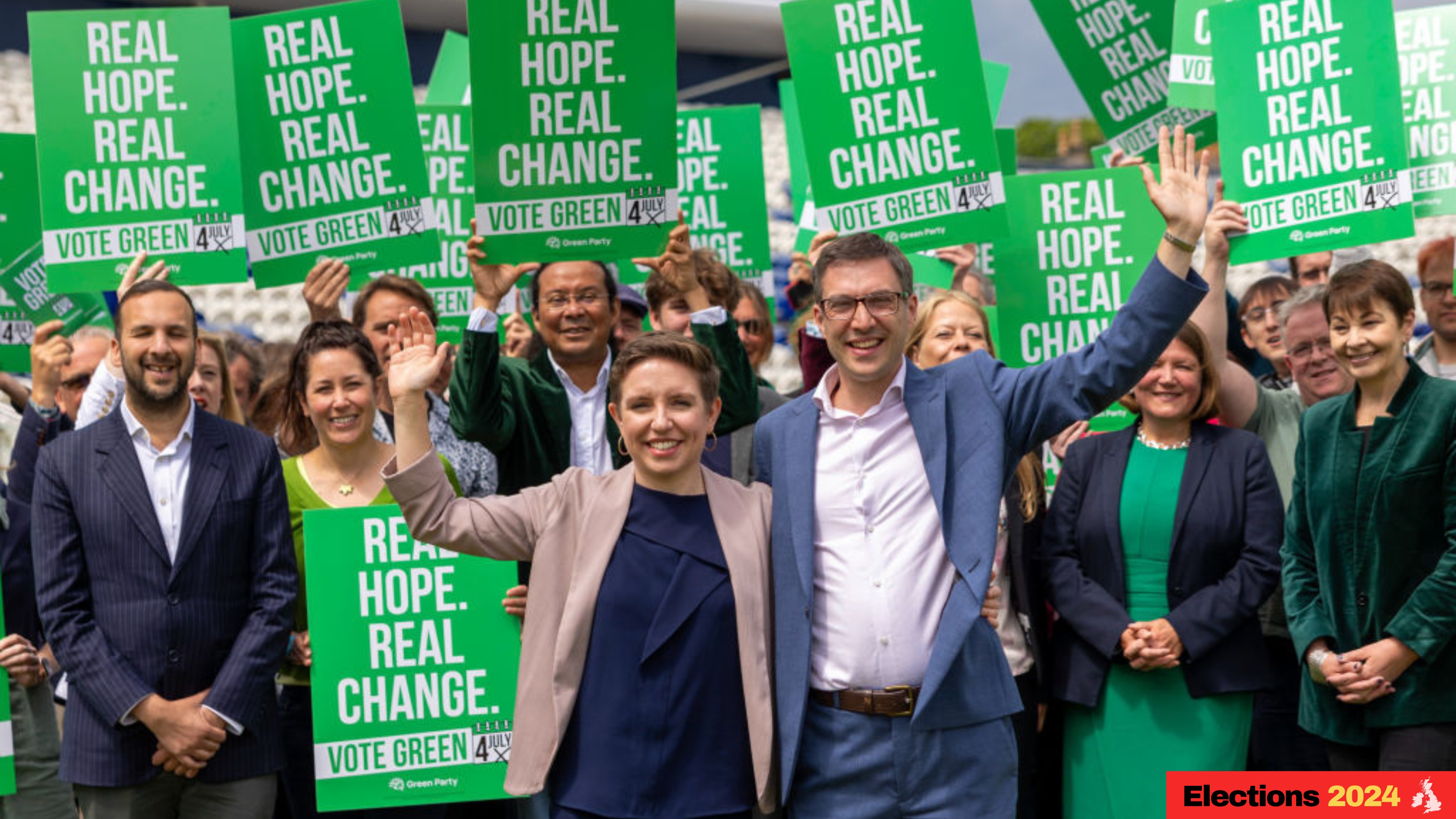 Green Party manifesto 2024: key personal finance general election policies
Green Party manifesto 2024: key personal finance general election policiesA Green Party government would introduce a wealth tax, increase National Insurance Contributions for high earners, and move towards a universal basic income.
-
 Conservatives pledge to raise high income child benefit threshold – how much could you save?
Conservatives pledge to raise high income child benefit threshold – how much could you save?News The high income child benefit charge threshold could be doubled to £120,000 if the Conservative Party wins the general election, Chancellor Jeremy Hunt has pledged.
